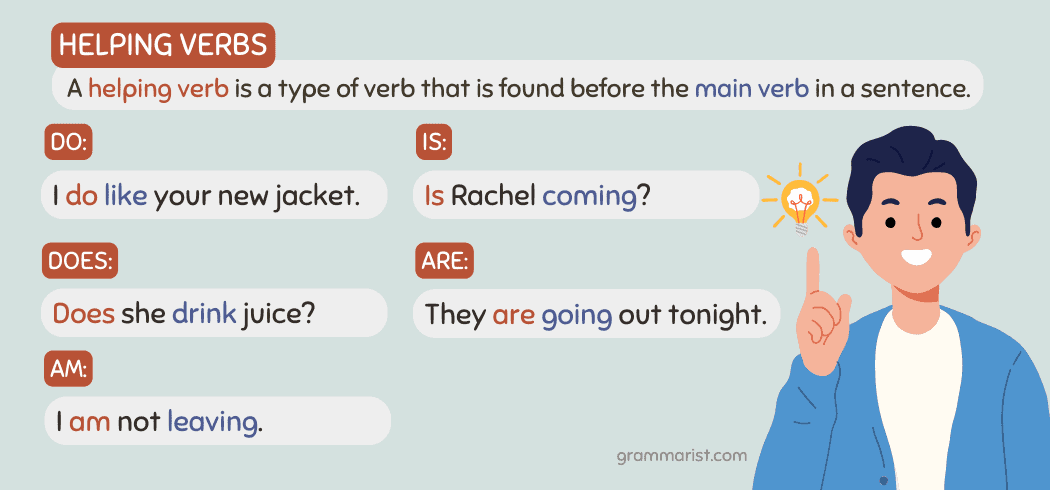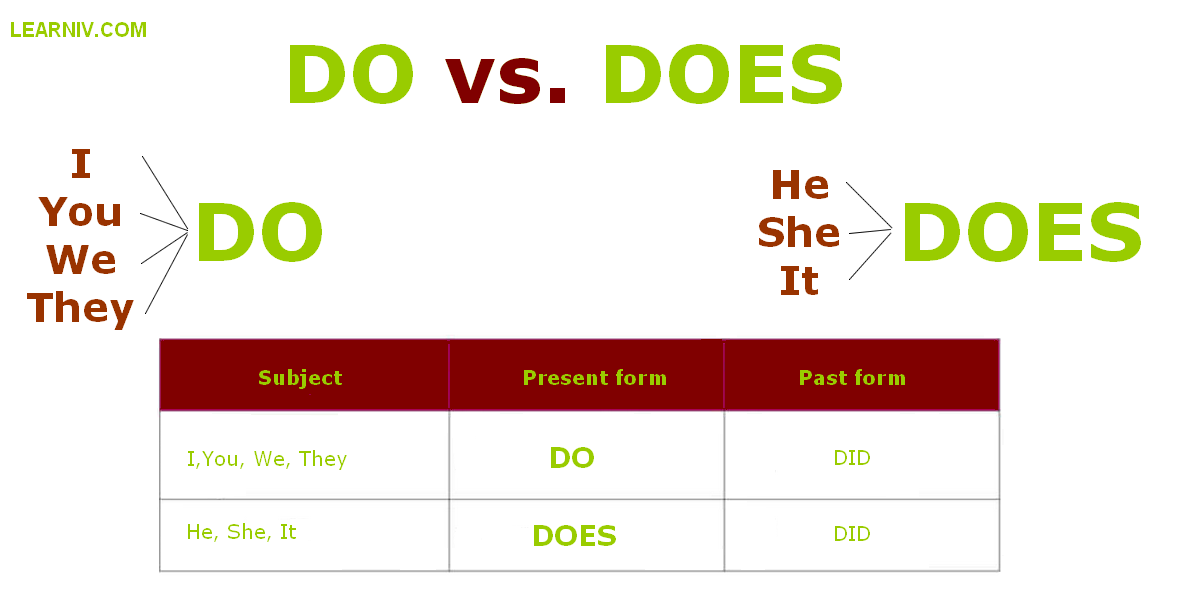Perseverance in The Odyssey: How a Greek Epic Shaped the Value of Endurance
Introduction: Perseverance as a Core Greek Value
The concept of
perseverance
stands at the heart of Greek culture, intricately woven into its myths, literature, and daily life. Among the most influential texts,
The Odyssey
by Homer transcends time as a testament to the enduring spirit of its hero, Odysseus. The epic’s narratives are steeped in trials and setbacks, each underscoring the importance of resilience in the face of adversity. But which exact passage best embodies this enduring value, and how can modern readers apply its lessons today?

Source: studyx.ai
Key Excerpt: Odysseus and the Endurance of Hardship
The excerpt most often cited as exemplifying perseverance in Greek society reads:
“I learned to keep my head in hardship-years of war and years at sea. Let this new trial come.”
– The Odyssey
This passage crystallizes the Greek admiration for steadfastness. Odysseus, after enduring the Trojan War and a perilous journey home, faces yet another challenge. Instead of succumbing to despair, he expresses readiness and calm, having internalized the necessity to persist through adversity [1] , [2] , [3] .
Context: Why Perseverance Mattered in Ancient Greece
Perseverance was not merely a personal trait but a societal expectation in ancient Greece. The gods frequently tested mortals, and success depended on the ability to endure suffering, maintain hope, and act decisively. The Odyssey’s narrative reflects this worldview: Odysseus is repeatedly challenged by gods, monsters, and fate. His refusal to surrender, even when hope seems lost, demonstrates the ideal behavior for Greeks seeking to earn honor and fulfill their destinies [2] .
Real-World Examples: Lessons from Odysseus
Odysseus’s journey is filled with practical demonstrations of perseverance:
- Endurance through Adversity: Ten years of war followed by ten years at sea, Odysseus faces shipwrecks, monsters, and betrayal. He never abandons his quest to return home.
- Confronting New Challenges: Each time a challenge arises-whether Cyclops, Circe, or the suitors in Ithaca-he relies on wit, patience, and endurance.
- Family and Community: The hardships endured by Odysseus’s wife Penelope and son Telemachus also illustrate perseverance. They withstand years of uncertainty and pressure, especially from the suitors, until Odysseus’s return [2] .
These examples show that perseverance is not passive endurance but an active, ongoing choice to face hardship head-on.
Applying Perseverance: Actionable Steps for Modern Readers
While the context has changed since ancient Greece, the lessons remain relevant. Here are steps to apply the value of perseverance in daily life:
- Recognize Ongoing Challenges: Life is filled with difficulties. Recognize that setbacks are natural and often cyclical, much like Odysseus’s repeated trials.
- Maintain Perspective: Like Odysseus, keep your head clear during hardship. Focus on long-term goals rather than immediate discomfort.
- Develop Support Systems: Odysseus had Athena, Telemachus, and loyal friends. Build a network of support among family, friends, mentors, or professionals.
- Take Small Steps: Break large challenges into manageable parts. Odysseus’s journey was a series of smaller adventures, each requiring a solution.
- Celebrate Progress: Acknowledge small victories. Each challenge overcome by Odysseus brought him closer to home-celebrate your own milestones.
If you need professional guidance on building perseverance, consider searching for local counseling services, mental health professionals, or resilience workshops in your area. You can find many resources by searching terms like “resilience training,” “mental toughness coaching,” or “personal development workshops” through established platforms such as your local community center, university extension programs, or reputable health organizations.
Alternative Approaches: Modern and Ancient Perspectives
Perseverance is celebrated in many cultures, but the Greek approach emphasizes a heroic journey through adversity. However, alternative approaches exist:
- Stoicism: Ancient Greek and Roman philosophy teaches acceptance of what cannot be controlled and focusing on one’s own response.
- Collective Action: While Odysseus often acts alone, many modern challenges are best faced in groups or teams, leveraging diverse strengths.
- Rest and Recovery: Unlike the relentless trials in The Odyssey, modern research emphasizes the importance of rest, self-care, and mental health in sustaining long-term perseverance. Seek balance to avoid burnout.
Potential Challenges and Solutions
Building perseverance is not without obstacles:
- Discouragement: It is common to feel overwhelmed. Reflect on Odysseus’s resilience and seek encouragement from your support network.
- Lack of Immediate Results: Endurance often means delayed gratification. Set realistic timelines and adjust expectations as needed.
- External Pressures: Like Penelope and Telemachus, you may face pressure from others. Stay focused on your core values and goals.
In difficult times, consider reaching out to mental health professionals, support groups, or mentors. If you are looking for professional guidance, use official resources like those provided by recognized mental health organizations or educational institutions. Search for terms such as “counseling services” or “resilience coaching” to find trusted professionals in your area.

Source: quotessayings.net
Summary and Key Takeaways
The excerpt “I learned to keep my head in hardship-years of war and years at sea. Let this new trial come” encapsulates the Greek ideal of perseverance. Odysseus’s journey, along with the steadfastness of his family, demonstrates that resilience is a valued and necessary trait for overcoming life’s obstacles . Whether facing mythical monsters or modern challenges, the lesson endures: Perseverance is essential for personal and communal success. To embody this value, recognize challenges, maintain perspective, seek support, and celebrate progress. If you need further assistance, reputable counseling and development resources are widely available-search for them using official agency names and established organizations.



